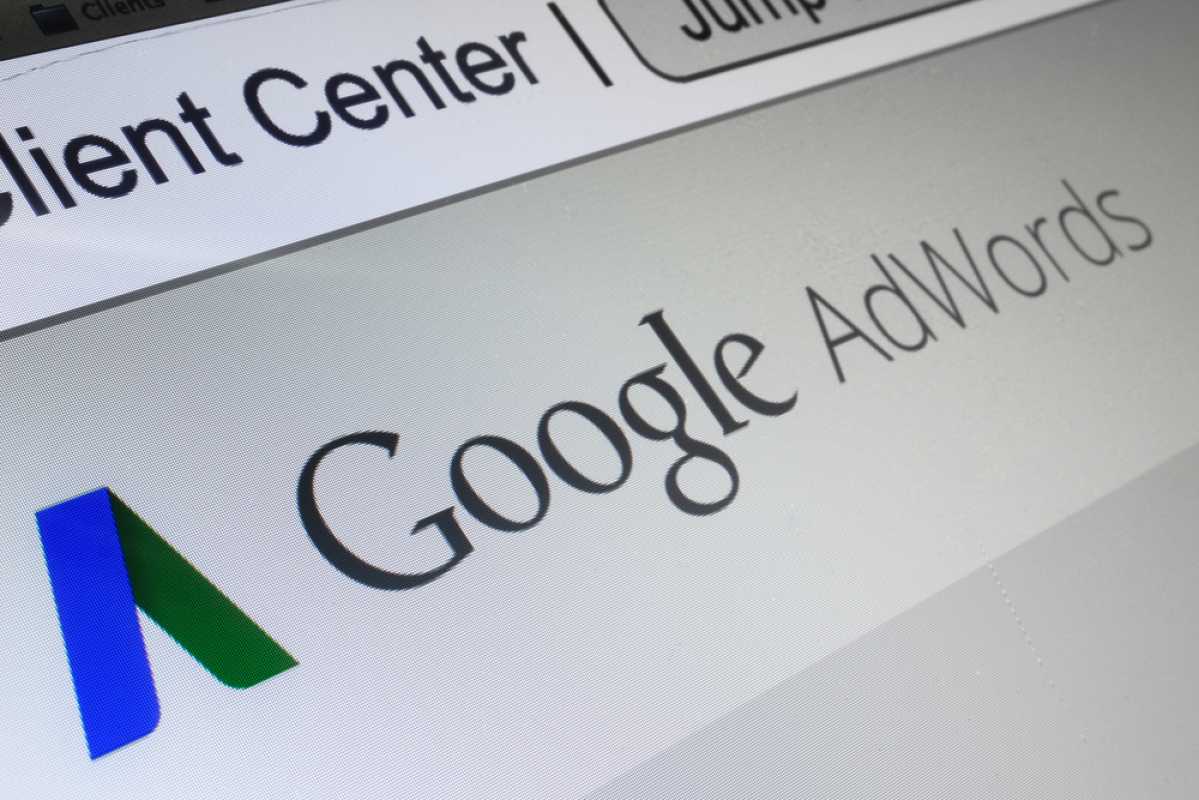Features
Google Ads White Label: What It Entails

White labeling is a popular practice in the business world, allowing companies to rebrand and sell products or services created by another company as their own. When it comes to digital marketing, white labeling has become increasingly prevalent, especially in the realm of Google Ads. In this article, we will delve into what Google Ads white label entails and how it can benefit businesses.
Understanding Google Ads
Google Ads, formerly known as Google AdWords, is an online advertising platform developed by Google. It enables businesses to create and display ads on Google’s search engine results pages (SERPs) and its advertising network. Marketers can bid on specific keywords relevant to their products or services to have their ads appear when users search for those terms.
What is White Labeling?
White labeling, also known as private labeling, refers to the process of rebranding a product or service developed by one company and selling it under another company’s brand. In the context of Google Ads, white labeling involves a company reselling Google Ads services as if they were their own, without any mention of Google’s involvement.
The Benefits of Google Ads White Label
1. Enhanced Branding: White labeling Google Ads allows businesses to present a unified brand experience to their clients. By removing any trace of Google, companies can maintain consistency across their marketing materials and maintain brand authority.
2. Expand Service Offerings: For marketing agencies or consultants, white labeling Google Ads can help expand their service offerings without the need for additional resources or expertise. They can leverage Google’s robust advertising platform to provide comprehensive solutions to their clients.
3. Cost Savings: Developing an in-house Google Ads platform can be expensive and time-consuming. White labeling allows businesses to take advantage of Google’s cutting-edge technology without the need for significant investments, enabling them to allocate resources to other areas of their business.
4. Access to Expertise: Google Ads is a complex advertising platform that requires in-depth knowledge and continuous education to optimize campaigns effectively. By white labeling Google Ads, businesses can tap into the expertise of seasoned Google Ads professionals who are well-versed in maximizing conversions and ROI.
5. Streamlined Reporting: White label partners often provide detailed reporting, including customized dashboards and analytics, allowing businesses to track the performance of their Google Ads campaigns. This ensures transparency and enables data-driven decision-making to further refine and improve marketing strategies.
Choosing a Google Ads White Label Partner
When opting for a Google Ads white label solution, it is crucial to choose the right partner. Consider the following factors:
1. Expertise: Look for partners with a proven track record in Google Ads management and optimization. They should have certified professionals who can efficiently handle campaigns of various complexities.
2. Customization Options: Ensure that the white label partner can adapt their offerings to match your brand’s unique requirements. The ability to customize reporting, invoicing, and client communication is essential for maintaining a consistent brand identity.
3. Support and Communication: A reliable white label partner should offer ongoing support and clear communication channels. Prompt responses to queries, regular updates, and accessible account managers are crucial for seamless collaboration.
Conclusion
Google Ads white labeling presents an excellent opportunity for businesses to expand their service offerings, strengthen their brand identity, and leverage the expertise of Google Ads professionals. By partnering with a reputable white label provider, companies can access a comprehensive suite of Google Ads services, streamlined reporting, and ultimately, drive better results for their clients.










